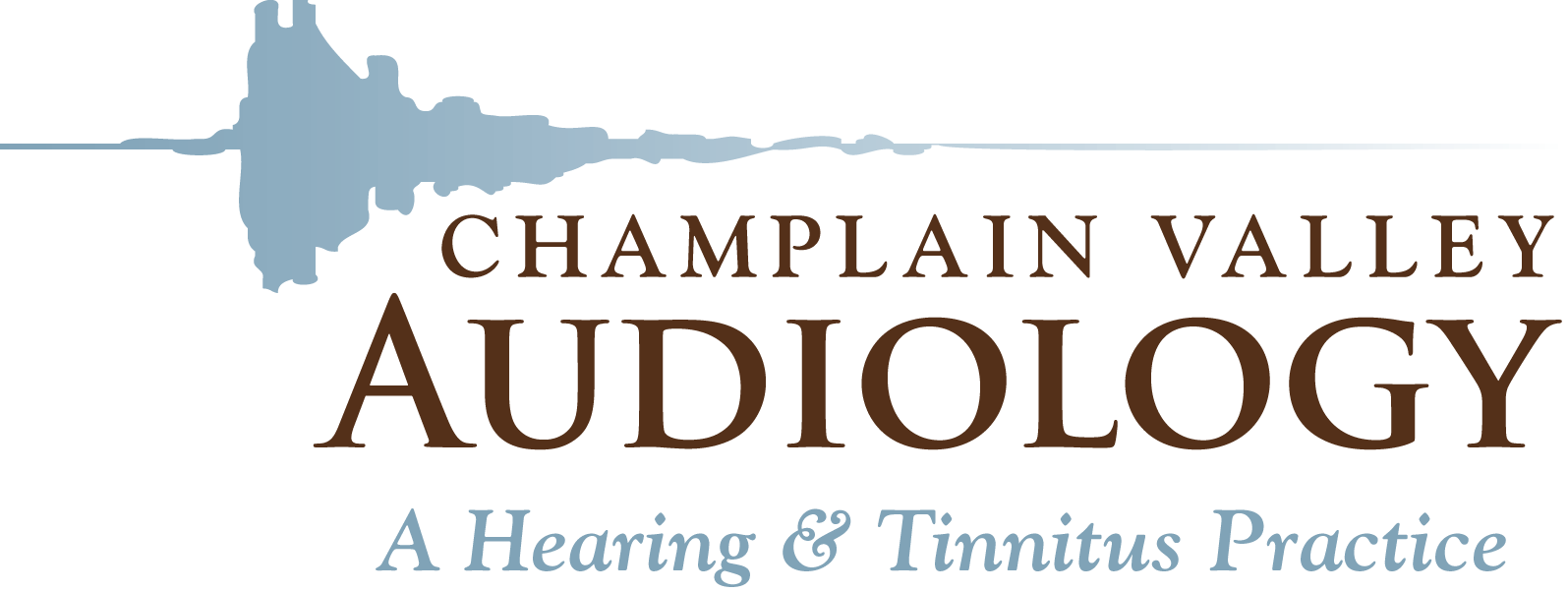Hearing loss results from a variety of causes. One such cause of permanent hearing loss is noise exposure, which is the topic of this edition’s lead article. When evaluating a new patient here at Champlain Valley Audiology, I often ask the patient about their level of past and present noise exposure, both occupationally and recreationally. The purpose is to not only tie the quantity of noise exposure to the patient’s hearing record, but to also offer information to the patient on how to further prevent hearing loss resulting from noise exposure.
So, how does exposure to dangerously loud sounds cause hearing loss? Loud sounds gradually or instantaneously destroy the tiny cells in the cochlea, called stereocilia (or more commonly referred to as hair cells), which detect sound and transfer it to the higher levels of the brain for interpretation and understanding. The damage to the hair cells causes permanent hearing loss and cannot be corrected.
blogImage1
Source credit: exploresound.org
Some noise sources slowly and gradually destroy the hair cells, so hearing loss may go unnoticed at the beginning. Generally, someone close to the individual first notices this mild loss of hearing and understanding, rather than the individual themself. Other noise sources create instantaneous destruction to the hair cells, noticed immediately to the individual exposed. The following chart by the folks at Westone details the amount of time that one can safely be exposed to various sound sources prior to permanent hearing damage.
db scale
Source credit: Westone.com
So, what should you do when you must be exposed to damaging sounds? Do not wait to protect your hearing! Remember, damage is cumulative over time. For example, the damage to the cochlea from shotgun/rifle use at age 20 is still present and compounded by noise trauma later in life.
Seek out proper hearing assessment — preferably from a licensed audiologist (Au.D.) who can guide you about available options for hearing protection. At Champlain Valley Audiology, we can provide custom hearing protection for any recreation, from motorsports to hunting. Hearing protection for hunters, for example, comes with many options, but a favorite of hunters are digital noise plugs, which provide suppression of dangerously loud sounds from large-caliber firearms and amplification for sound and situational awareness.
blogImage3
Source credit: Westone.com
Hearing loss occurs from exposure to loud sounds even if the noise source no longer sounds dangerously loud to the individual. Loudness is subjective and therefore influenced by one’s level of hearing loss. It is not uncommon for a person who may have had many years of heavy noise exposure to report that noises that are uncomfortably loud for someone with normal hearing, such as a running chainsaw, are simply not uncomfortably loud to them. This leads to lack of consideration for the need for hearing protection. All the while, ongoing exposure to the sound continues to destroy the hair cells, with less and less awareness from the individual.
As we move into 2017, consider the dangerously loud recreational activities that you were exposed to this year: mowers, chainsaws, motorsports, firearms, woodworking, carpentry, or heavy machinery operation. If you don’t currently use hearing protection for these activities, your hearing is expected to decline. We would be happy to assist you in protecting your hearing for years to come.
—Sharon Macner, Au.D., Doctor of Audiology
